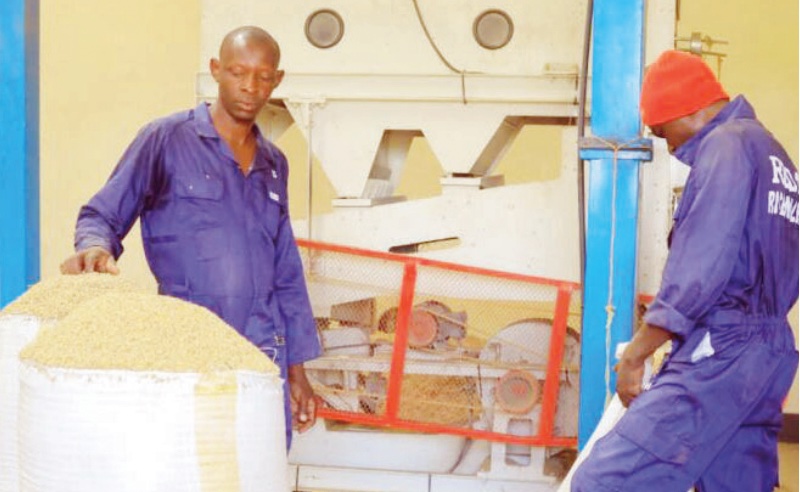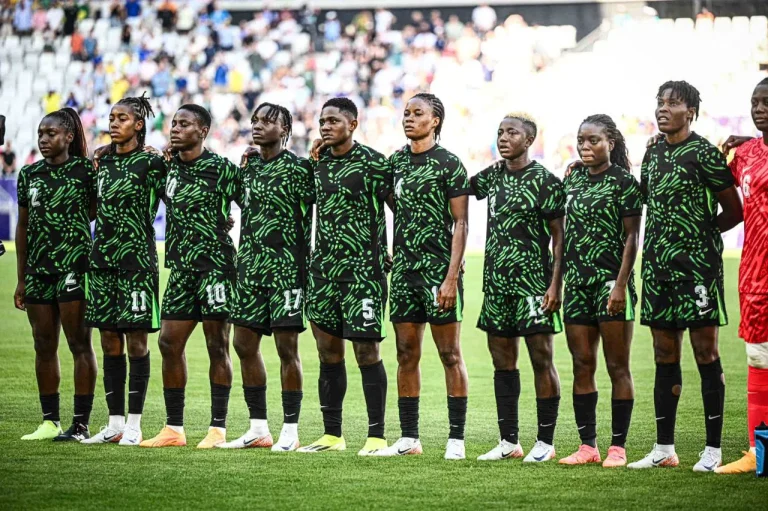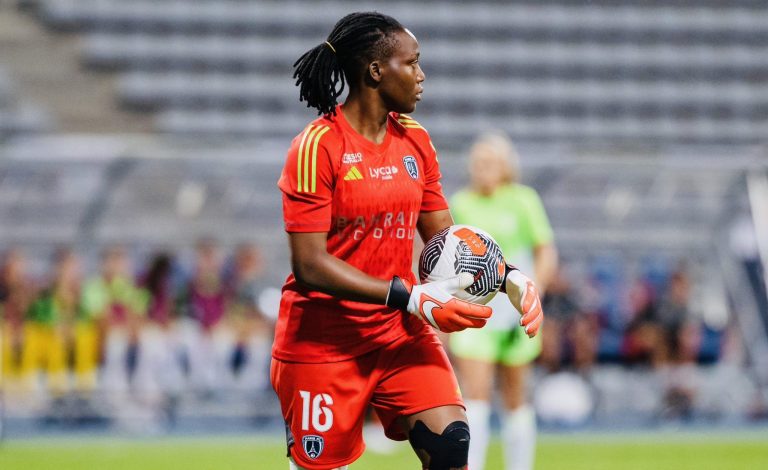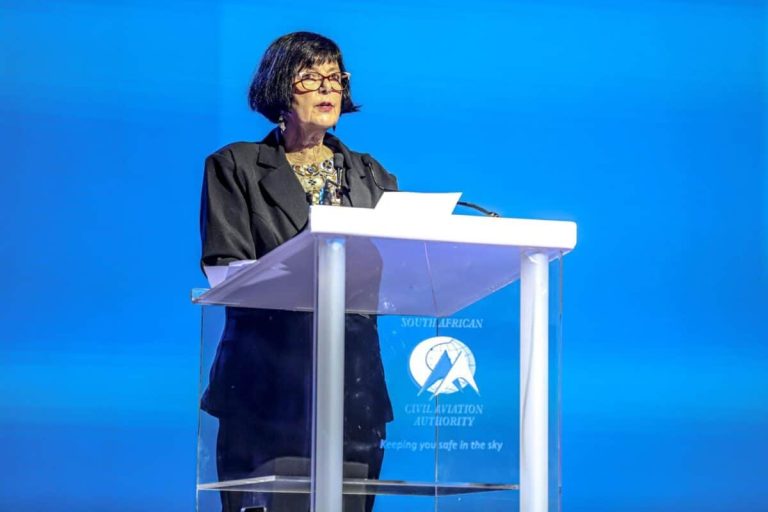
Screenshot
The $150 million (Shs 543.8 billion) Local Economic Growth Support (LEGS) project is boosting local enterprises and household incomes in the districts of Ntoroko, Bunyangabu, Kabarole, Gomba, Nakaseke, and Kyejonjo.
Earlier this year, the Ministry of Local Government rolled out the second phase of LEGS, a five-year project focused on addressing climate change, supporting youth and women entrepreneurs, providing irrigation for small-scale farmers, promoting agro-processing, and improving post-harvest handling services.
Implemented by the Ministry of Local Government with financing from the Lives and Livelihoods Fund (LLF), the Islamic Development Bank (IsDB), and the Government of Uganda, the project is expected to expand its interventions to 55 districts across the country, benefiting an estimated 16 million Ugandans.
Through the Microfinance Support Centre (MSC), the LEGS Project has disbursed over Shs 8 billion across the districts of Kabarole, Ntoroko, Bunyangabu, and Kyejonjo, providing critical financial support to community enterprises and boosting local investment.
At least Shs 976 million has been disbursed to over 3,200 community members in Bunyangabu District, significantly boosting local enterprises and household incomes.
Rwimi United Development Association received infrastructure support and a rice processing machine; the Kageera Banana Farmers Association benefited from 40 market stalls and two open sheds, while Bunyangabu Bee Keepers Cooperative (BBC) received Shs 270 million to expand operations and strengthen value addition.
Aisha Asimwe, a member of the Rwimi United Development Association, said the project has transformed her life. Once a small-scale farmer, she now buys, mills, and sells rice an enterprise that sustains her family.
Bob Mugisha, a 29-year-old assistant mechanic at the rice processing factory, revealed that his job has not only improved his livelihood but also enabled him to start a small poultry business, demonstrating the project’s impact on youth empowerment.
Sylvia Kabanyoro, a beans vendor at Kageera Market, said the new market facilities have boosted business activity and income for many households.
“We now have enough space to display and sell our goods. What was once a banana market has grown into a vibrant trading centre attracting people with a variety of products,” she said.
In Nakaseke, a wide portfolio of LEGS-funded investments including access roads, solar shared schemes, market sheds, and milk storage facilities has been implemented.
The Kinono Piped Water Supply System was established to serve over 25,000 people and their livestock. Ham Nahurira, LCIII Chairperson of Kinoni Subcounty, recalled the severe challenges previously faced by residents such as girls trekking long unsafe distances for water, high cases of typhoid, risks of rape and kidnapping, and the loss of over 500 animals due to drought.
With the new water system, these risks are expected to drop significantly. Access to clean water will enhance household health, improve safety, support farming, and boost milk production all contributing to poverty reduction.
Kifampa Milk Collection Centre, Maddu Market Sheds, and Lwakibira Dam in Gomba District are among the key projects benefiting Ugandans. At Kifampa, IsDB’s Br. Denis Okumu commended the contractor for delivering quality infrastructure and urged farmers to adopt improved cattle breeds to further increase milk production.
Zanika Scovia said farmers once gathered under a tree to hold meetings for their cooperatives, with no secure market for their milk. The modern milk collection centre now allows them to store milk safely while waiting for reliable buyers.
This has improved market access, increased earnings, and strengthened household income. Dr David Siriri, the Country Director of the Mellinelinum Promise Alliance (MPA), encouraged farmers to take advantage of the Input Voucher Scheme under the LEGS Project, noting that the 50/50 cost-sharing arrangement has enabled 2,218 farmers to access quality agricultural inputs at affordable prices, thereby increasing productivity and incomes.
The Resident District Commissioner (RDC), Kamukama Nicholas, pledged continued district support in training and sensitizing communities to fully utilize such development interventions to lift themselves out of poverty.
A joint mission from the Ministry of Local Government, the Ministry of Finance, and the Islamic Development Bank, led by Dr. Mouchili Mayoua, Country Operations Manager of the Islamic Development Bank, is assessing the progress and impact of the Local Economic Growth Support (LEGS) Project.
LEGS I has been implemented in 17 districts across the country, and government together with development partners has confirmed that LEGS II will be expanded to 55 districts. The team is inspecting key investments, engaging beneficiaries, and gathering insights as the project enters its closure.



